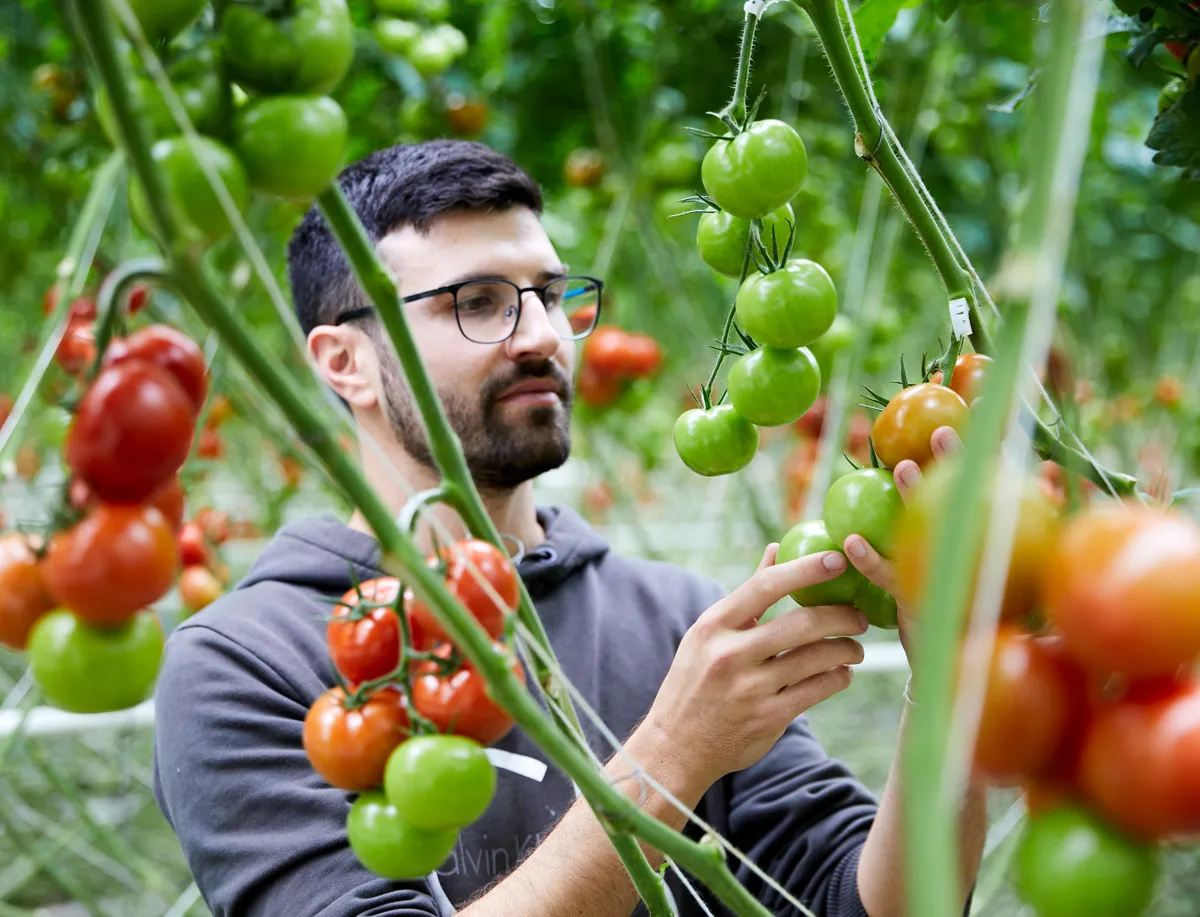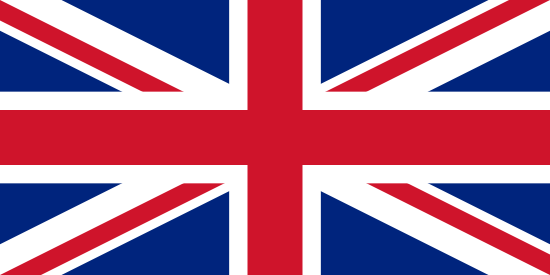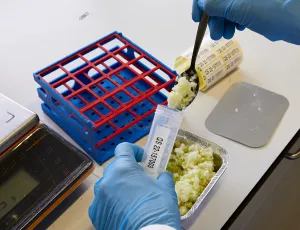
Continuous controls along the entire value chain

Since 2005, all QS certified producers, wholesalers and food retailers have been obliged to regularly take product samples and have them tested for plant protection products residues by QS recognised laboratories. If the maximum residue levels (MRLs) or limit values are exceeded or active substances are found that are not approved for the respective crop, the producer is blocked for the respective crop. In addition, sanctions may be imposed. The producer is only allowed to deliver goods to the QS scheme again when a free sample confirms that they are harmless. In order to prevent further transgressions, the farm must seek advice on the use of plant protection products in accordance with good professional practice.

Sampling at all stages of production and marketing

In wholesale and in the logistics centres of the food retail trade, a control plan published by QS on a regular basis determines how many samples must be taken in relation to the QS products traded. The control plan is revised once a year by the scientific advisory board for QS residue monitoring, taking into account the current analysis results from residue monitoring and on the basis of current scientific findings. The specifications listed in the control plan are to be understood as minimum requirements and are intended to help companies with risk assessment. The number of samples depends on the risk classification of a product. Furthermore, product samples are examined annually at 35 % of the fruit and vegetable production companies and 5 % of the potato production companies. The companies are selected randomly. Sampling is carried out by independent samplers.
The analytical capability of QS-recognised
laboratories regularly put to the test
The expertise of the laboratories is a decisive factor in carrying out residue analyses on fruit and vegetables. Therefore, only laboratories separately recognised by QS are allowed to carry out analyses in QS residue monitoring. In order to achieve a uniform standard in the assessment of active substances, QS has tested the analytical capability of QS-recognised laboratories since 2006 with a competence test that takes place twice a year. To ensure that the laboratories maintain a consistently high level in the performance of residue analyses, the test design of the laboratory competence test is regularly modified and the laboratories are thus confronted with ever new analytical challenges. Beside the successful participation in at least one laboratory performance assessment per year, the laboratories in charge of residue analyses have to fulfil a number of further criteria in order to obtain or maintain recognition for performing analyses in the QS scheme.
QS Residue Monitoring -
A Success Story
Over the past 19 years, QS residue monitoring has made a decisive contribution to ensuring that only flawless products reach the market and consumers. The annual evaluations from QS residue monitoring prove that QS-certified producers use plant protection products carefully within the legal requirements and have made numerous efforts to further optimise the use of plant protection products. The consistent implementation of the requirements for the use of plant protection products and the good professional practice of producers are paying off, as the current results from the QS residue monitoring for 2023 show: Only 0.71 per cent of the 15,880 fruit and vegetable samples analysed from 33 countries of origin exceeded the MRLs in the current evaluation.
A detailed overview with the most important current analysis results can be found here.
QS Residue Monitoring - All advantages at a glance
- Continuous checks of the goods for maximum residue levels exceeded along the entire value chain
- In the event of complaints, the respective producers are consistently blocked for delivery into the QS scheme for the crop concerned
- Reliable and independent residue analyses by QS-recognised and accredited laboratories
- Regular laboratory performance assessments ensure the analytical capability and technical know-how of the QS-recognised laboratories
- Standardised procedures for sampling and analysis methods
- Risk assessment is carried out on the basis of a control plan, which is continuously updated taking into account the current analysis results from residue monitoring as well as the latest scientific findings
- Evaluation of complaints (exceeding of maximum levels, active substances not authorised for the crop) and advice provides valuable support for growers in optimising the use of plant protection products
Contact
Alina Wälter
Manager Production, Residue Monitoring- Tel: +49 (0) 228 35068-178
- Fax: +49 (0) 228 35068-16178




